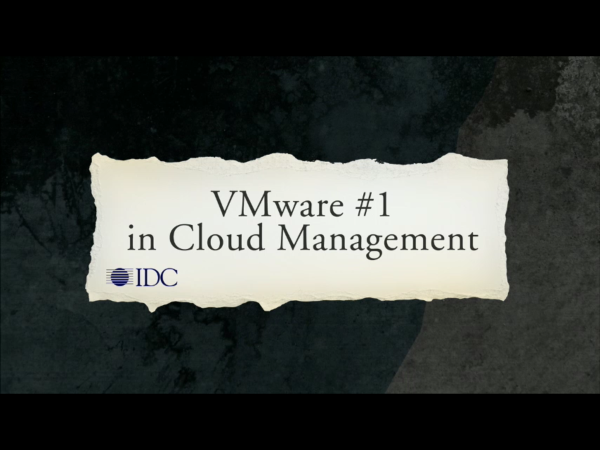It strikes me that the NSA and their counterparts missed a trick.
Maybe it's because I'm in the throes of moving house, with all the associated change-of-address shenanigans, but it strikes me that it would be very useful if the government actually operated a single information repository. I mean, that's what they already do, right?

So, why not do it in a way that serves the public? The government sets up an IDDB which has all of everyone's information in it; so far, so icky. But here's the thing: set it up so that individuals can grant access to specific data in that DB - such as the address. Instead of telling various credit card companies, utilities, magazine companies, Amazon, and everyone else my new address, I just update it in the IDDB, and bam, those companies' tokens automatically update too - assuming I don't revoke access in the mean time.
This could also be useful for all sorts of other things, like marital status, insurance, healthcare, and so on. Segregated, granular access to the information is the name of the game. Instead of letting government agencies and private companies read all the data, users each get access only to those data they need to do their jobs.
People have a problem with any Tom, Dick, or Harry being able to read all their information, but the objection isn't intrinsically to the gathering of the information, it's to the unrestricted access. The idea that any busybody can log in and see any information they care about is what we object to.
Offering an IDDB service would go a long way to solving the PR problem of programmes like PRISM and its ilk. Of course there are enormous issues with abuse of such a system, but since it seems governments cannot be prevented from building (and abusing) these systems anyway, couldn't we at least get some convenience out of it?



